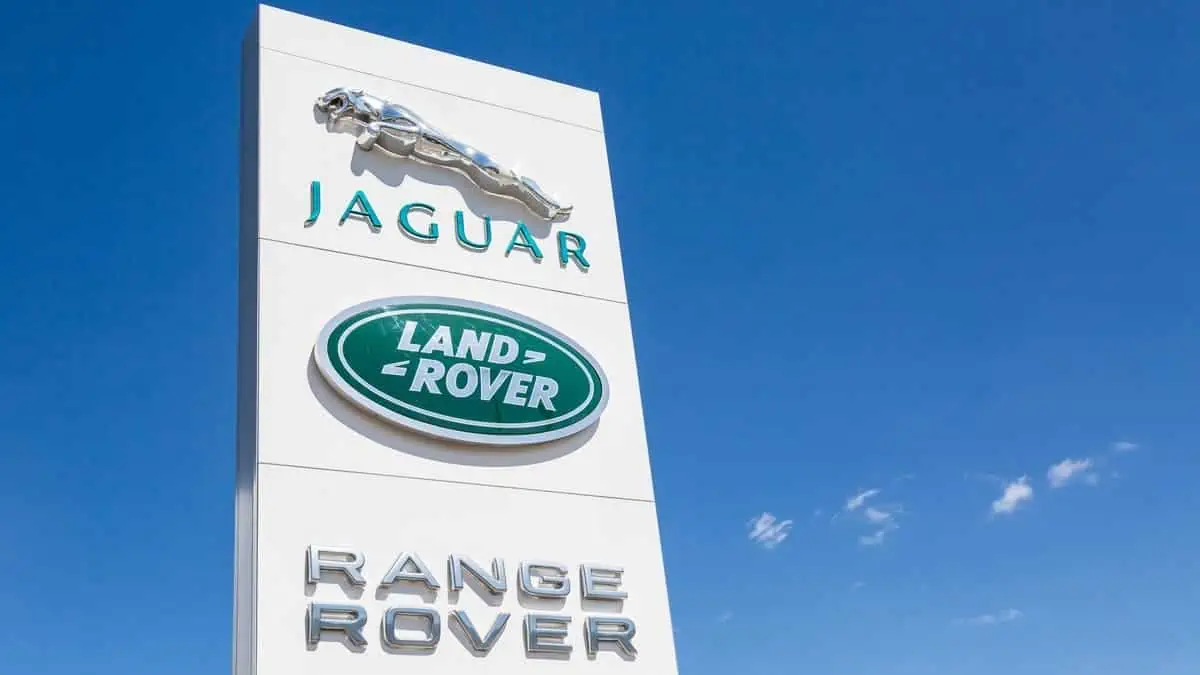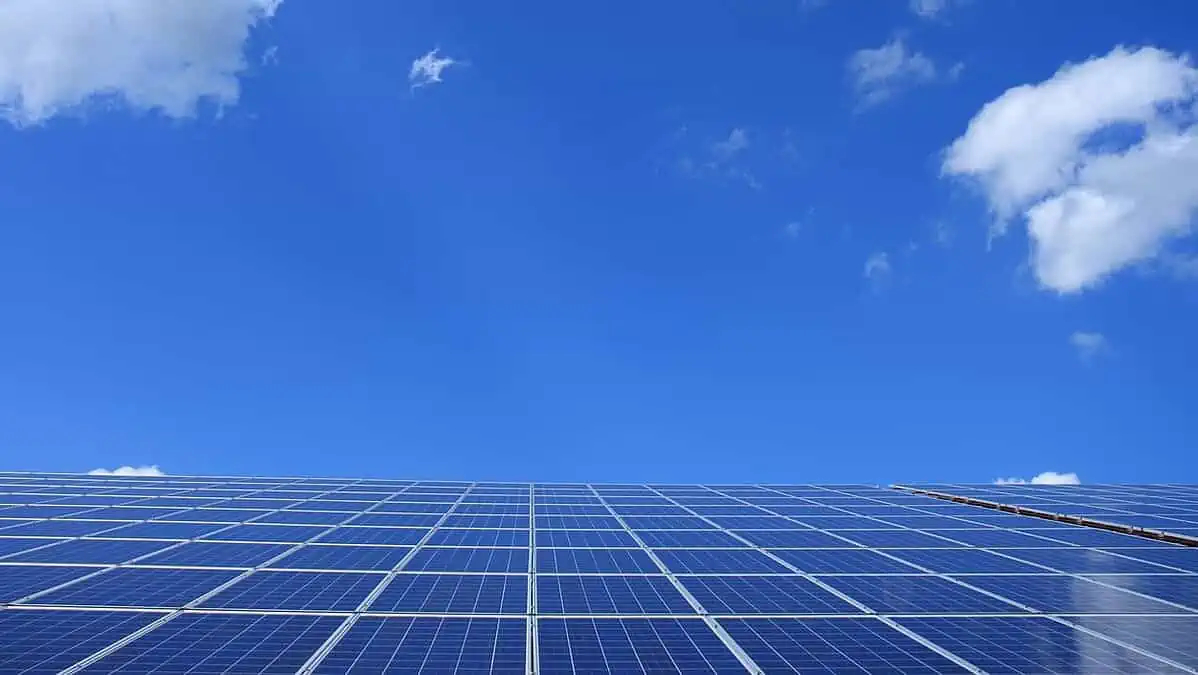British automaker JLR, owned by Indian legacy brand Tata Motors, is contemplating producing electric vehicles in India. The potential investment can potentially pave the way for the brand’s largest electric vehicle manufacturing facility beyond its home turf, UK.
JLR to build its largest facility beyond UK
JLR’s potential investment comes amid the ongoing negotiation between India and the UK for the Free Trade Agreement.
JLR and the Indian government have reportedly reached an “advanced stage of conclusion,” according to Autocar India.
Once approved, JLR will soon have its largest electric vehicle production facility outside Britain. The report also noted that the project site will likely be in Sanand, Gujarat. However, JLR is also eyeing other candidates, such as Pune, its original home base.
Unnamed sources claimed that JLR is considering using its ‘Electrified Modular Architecture (EMA) architecture for the electric vehicle models it may soon produce in India. Notably, Tata Motors also plans to leverage the EMA platform for its Avinya EVs.
“It will reduce our development time, advance Tata Motors into advanced electrical and electronic architecture and prepare the brand for future autonomous vehicles. It is a significant win-win strategy for both Tata Motors and JLR.”
PB Balaji, Group CFO of Tata Motors
The planned factory is expected to hit an annual production capacity of 300,000. Of that total, JLR models will account for 200,000, while the remaining will be from Tata Motors.
JLR may use Tata-owned Agratas’ battery packs
JLR’s parent company, Tata Group, previously announced plans to invest $1.3 billion (over Rs 10,000 crore) in Agratas. For context, it is a battery cell producer that aims to establish its base in Gujarat.
It reportedly teamed up with Japanese battery tech giant Envision AESC as the global supplier of battery cells.
If the project goes through, JLR may be its largest customer for the necessary batteries to power the British brand’s electric vehicles produced in India.
If JLR succeeds in getting the green light for the proposed project, the new Indian facility will enable the company to benefit from the country’s lower cost of labor and materials. As a result, it may compete with industry leaders like BYD and Tesla, which are also eyeing the Indian market for potential major investments.
The first JLR electric vehicle riding on the EMA platform will reportedly debut in 2024, named “VELAR.”






